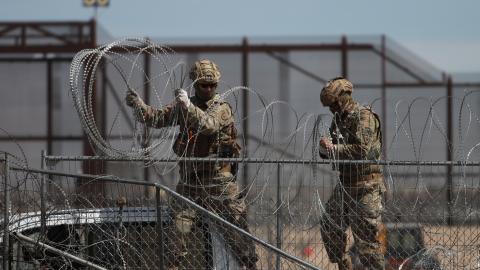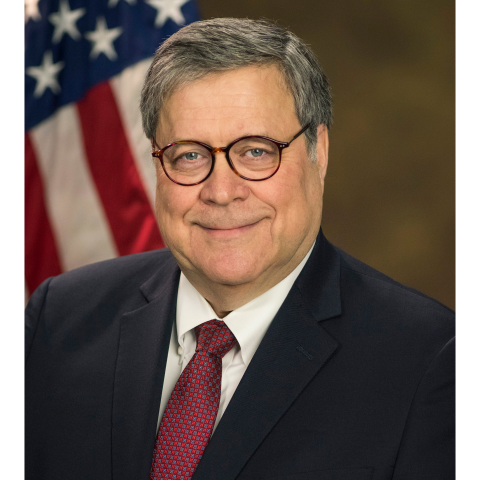In the shadow of the coronavirus pandemic, since February China has increased its airborne provocations of Taiwan. On March 16, the PLA’s air force for the first time dispatched, at night, a group of fighters and surveillance aircraft that crossed the middle of the strait separating the two countries. Nearly simultaneously, a Chinese high-speed boat rammed a Taiwanese cutter off the coast of Taiwan’s islands near the Chinese mainland.
At the end of March, Taiwan’s deputy defense minister warned that “if the Chinese Communists attempted to make any military adventure leading to regional conflict, they would be condemned by the world.” Global condemnation would be helpful if China’s rulers were not largely indifferent to it. Stronger measures are needed to deter adversaries from exploiting the pandemic.
Heightened tension in the Taiwan Strait is a reminder that geopolitics as usual continues despite headline-dominating domestic and international events. While the U.S. political-media establishment was obsessed by Trump’s impeachment trial, Senator Tom Cotton identified the COVID-19 outbreak as the likely catalyst for a global crisis. Two months later, with the United States approaching the peak of the epidemic, global news headlines are overwhelmingly fixated upon COVID-19.
COVID-19 does not respect national borders—no state or group is immune from the virus’s dangers, both physical and economic. But it has neither dissolved nor transformed the international political system. States retain their interests, and statesmen implement their strategies to maximize their own objectives. Russia, China, and Iran, the United States’s three major rivals, have attempted to manipulate the chaos that COVID-19 has caused in their favor, and otherwise have continued the strategies put in place before the outbreak began.
Read the full article in The American Interest
















